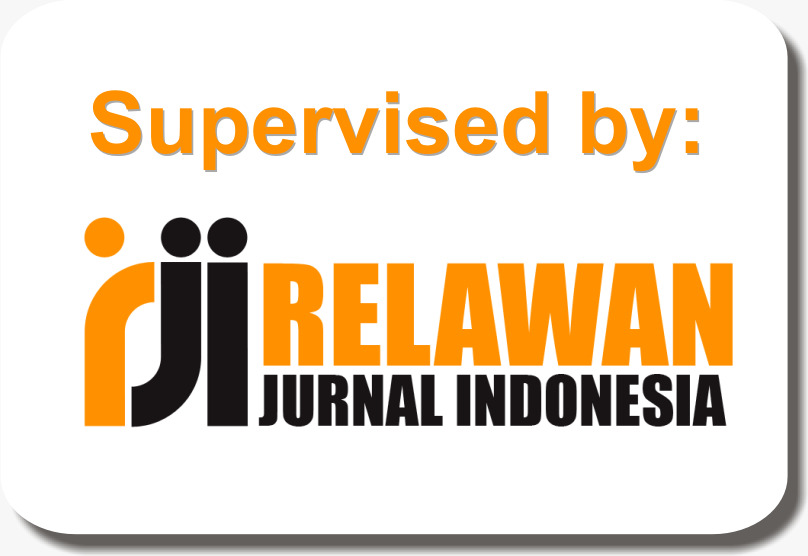THE BASIS OF THE CORRUPTION ERADICATION COMMISSION’S AUTHORITY TO CARRY OUT CONFISCATION IN CORRUPTION CRIMES
DOI:
https://doi.org/10.52249/ilr.v4i1.299Keywords:
Authority of the Corruption Eradication Commission, Confiscation, Corruption CrimesAbstract
The issue is about the basis of the authority of the Corruption Eradication Commission to confiscate corruption crimes that have not been enforced by permanent law (inkrach) from the district court. This study aims to find out what is the basis for the authority of the Corruption Eradication Commission to confiscate in corruption crimes and how the legal position of seized goods in corruption crimes. By using normative research methods, it can be concluded that: 1. The basis of authority of the Corruption Eradication Commission is Law Number 30 of 2002 Article 47 paragraph 1 of Law Number 30 of 2002 concerning the Corruption Eradication Commission and Law Number 31 of 1999 concerning the eradication of corruption as amended by Law Number 20 of 2001 concerning Amendments to Law Number 31 of 1999 concerning the Eradication of Corruption crimes. 2. The legal position of confiscated goods will certainly be used as evidence by the Corruption Eradication Commission as law enforcement. However, there are often obstacles in the management of confiscated goods. Then confiscated goods can also be auctioned even though there has been no permanent force legal decision (inkrach) from the district court.
Downloads
Published
How to Cite
Issue
Section
License
IBLAM Law Review by https://ejurnal.iblam.ac.id/IRL/index.php/ILR/index is licensed under Attribution-ShareAlike 4.0 International



